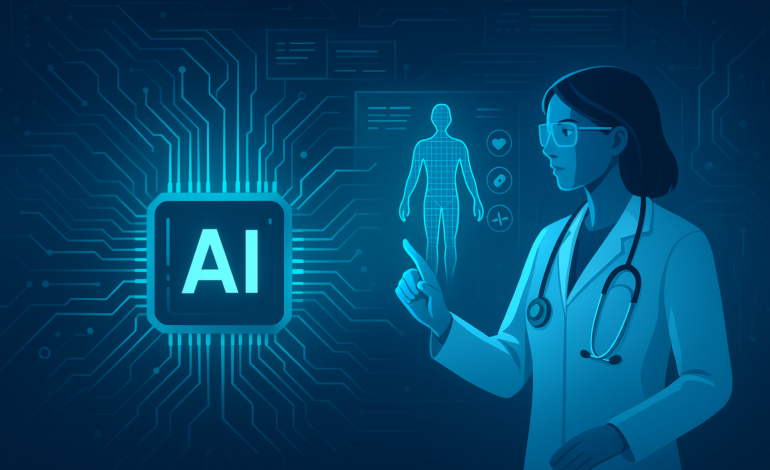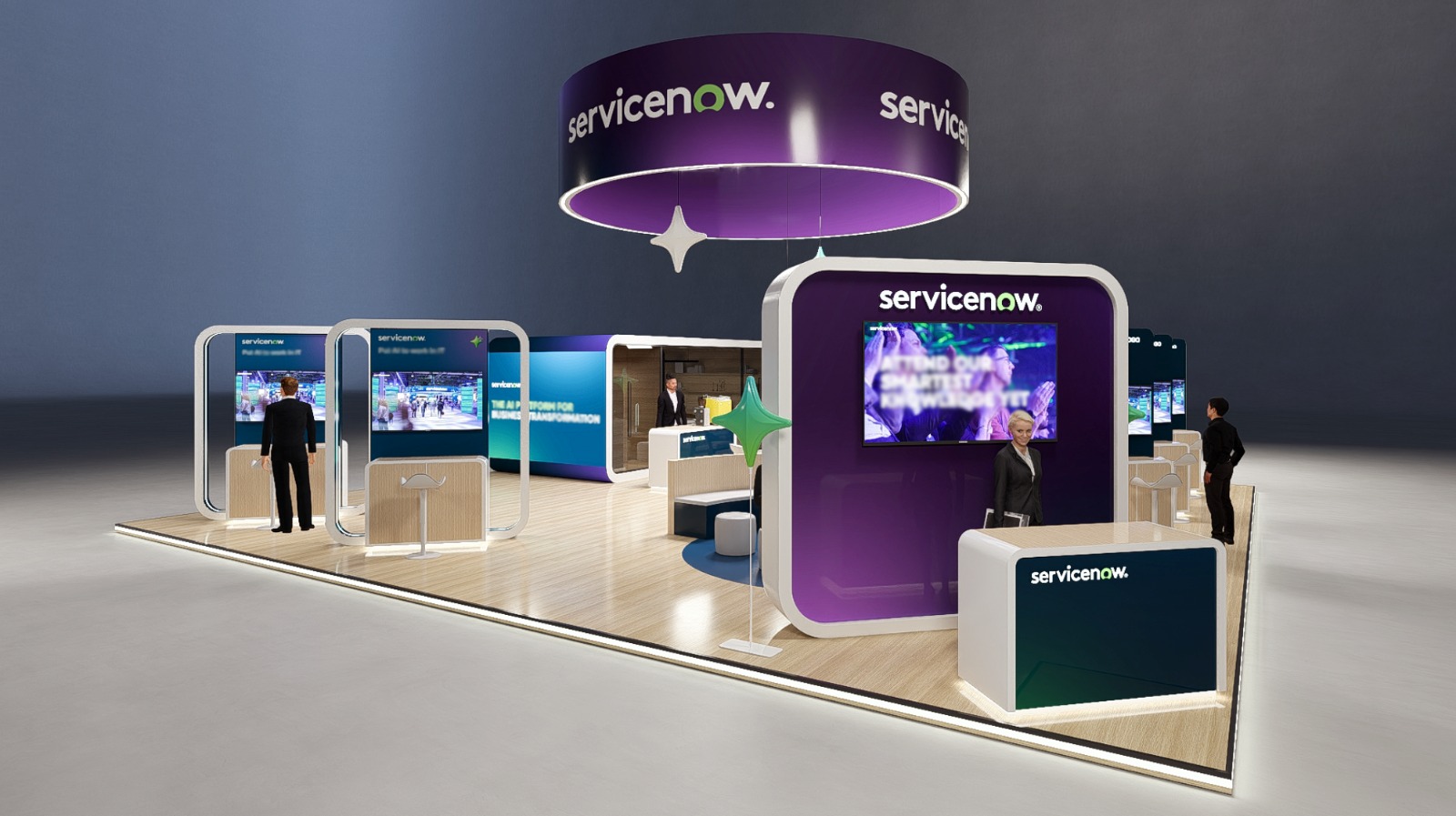Exclusive: Edge AI Redefines Real-Time Healthcare Decisions in Post-Cloud World

As industries move beyond the limits of centralised systems, edge AI is emerging as the decisive technology shaping how organisations deliver care, manage risks, and respond instantly in critical moments. Healthcare is at the forefront of this shift, and companies like MantraCare are offering a glimpse into how decision-making in a post-cloud world might evolve.
For decades, cloud computing has been the engine powering artificial intelligence. Data has flowed into remote servers, been processed at scale, and returned as insights. Yet, as demand grows for speed, autonomy, and resilience in places where connectivity is patchy, this model is revealing its limitations. Edge AI—where algorithms run closer to the point of data generation—is now redefining real-time decisions, with telehealth and wellness platforms taking the lead.
by Kasun Illankoon, Editor in Chief at Tech Revolt
The Case for Edge AI in Care
Healthcare demands immediacy. A few minutes can determine whether an intervention is preventive or too late. In remote areas, among mobile workforces, or within underserved populations, the dependence on high-bandwidth connectivity can leave gaps in timely care.
“At MantraCare, we are committed to making wellness and virtual healthcare accessible, proactive, and immediate—especially for remote workforces and underserved populations,” explained Sonal Chiber, Senior Corporate Communications Consultant at MantraCare. “While we currently operate primarily through cloud-based AI systems, our platform is optimised to deliver real-time decision support, even in variable connectivity settings.”
By allowing employees or patients to self-report symptoms and upload health metrics via mobile devices, the company’s system triggers rapid triage through AI algorithms operating in the background. These models can recommend care paths, generate alerts for therapists or doctors, and ensure preventive action without relying on high-speed infrastructure. This reflects a growing trend: edge AI is not just a replacement for cloud-based systems but an enabler of equitable access to critical services.
From Prevention to Measurable Outcomes
Edge AI is not only about theoretical speed; its real-world value lies in measurable impact. One compelling example comes from MantraCare’s Chronic Care and Diabetes Management programme, which was rolled out in partnership with a multinational employer in the Gulf region.
“The system flagged high-risk individuals based on health surveys and biometrics and triggered automated follow-ups with care coaches and physicians,” Chiber said. “As a result, the company observed a 35% reduction in avoidable hospital visits and a measurable improvement in condition management, such as glycaemic control among diabetic employees.”
This example highlights a central advantage of edge AI: by enabling constant monitoring and rapid intervention, healthcare providers can reduce strain on hospitals, lower costs, and—most importantly—improve patient quality of life. Real-time alerts, timely teleconsultations, and behaviour coaching allowed individuals to act before their condition escalated. In essence, AI at the edge turns reactive healthcare into proactive wellness.
Trust and Privacy in a Real-Time World
Yet, with speed comes responsibility. Healthcare data is among the most sensitive categories of personal information. For edge AI to thrive, it must balance instantaneous insight with uncompromising privacy.
“At MantraCare, data privacy and security are non-negotiable,” Chiber emphasised. “All our solutions comply with HIPAA, GDPR, and local data protection laws. Sensitive user data is encrypted at rest and in transit, and our AI models are designed to operate using anonymised or pseudonymised data wherever possible.”
This approach reflects the industry-wide realisation that user trust is the currency of digital healthcare. By aligning with data sovereignty requirements and embedding transparent consent protocols, edge AI systems can deliver the speed patients need without eroding confidence. Indeed, one of the defining features of a post-cloud era may be this balance between hyper-local processing and global compliance.
Beyond Healthcare: Lessons for a Post-Cloud World
The applications of edge AI in healthcare offer lessons that extend far beyond medicine. Manufacturing plants deploying predictive maintenance systems, logistics providers optimising delivery routes, and financial institutions detecting fraud in milliseconds—all face the same imperative: decisions must be made instantly, not after a round trip to the cloud.
Healthcare’s use of edge AI serves as a powerful test case. By operating where connectivity is unreliable, patient needs are urgent, and regulations are stringent, it demonstrates the robustness of this model. If edge AI can succeed in such a demanding sector, its scalability across industries becomes more convincing.
Rethinking Infrastructure and the Future of AI
As organisations embrace edge AI, infrastructure will need to evolve. Instead of massive centralised servers doing the heavy lifting, smaller, distributed processors closer to users will become the norm. This decentralisation reduces latency, enhances resilience, and unlocks opportunities where cloud-only systems fall short.
For MantraCare and others in this space, the journey is not about abandoning the cloud altogether but about reimagining its role. The cloud remains essential for large-scale model training and population-level insights. Edge AI, however, brings intelligence to the point of need—where decisions must be made instantly and reliably.
As Chiber put it, “Our care teams can intervene early, improving outcomes without the need for high-bandwidth connectivity or on-site infrastructure.” This statement encapsulates the promise of edge AI: empowering organisations to act in real-time, even when resources are limited.
A Post-Cloud Vision
The post-cloud world will not eliminate the cloud; rather, it will redefine its relationship with the edge. Together, they form a hybrid ecosystem where large-scale intelligence meets real-time execution. In this landscape, edge AI is not simply a technological upgrade—it is a fundamental shift in how decisions are made, risks are managed, and lives are improved.
From reducing hospital visits to protecting sensitive data, MantraCare’s experience shows that edge AI can deliver on the promise of immediacy and equity. As industries grapple with the demands of an increasingly distributed world, this model offers a roadmap for decision-making that is both fast and trustworthy.
In redefining real-time decisions, edge AI signals a future where immediacy is not a luxury but a standard—and where the post-cloud world delivers not just faster insights but better outcomes.








